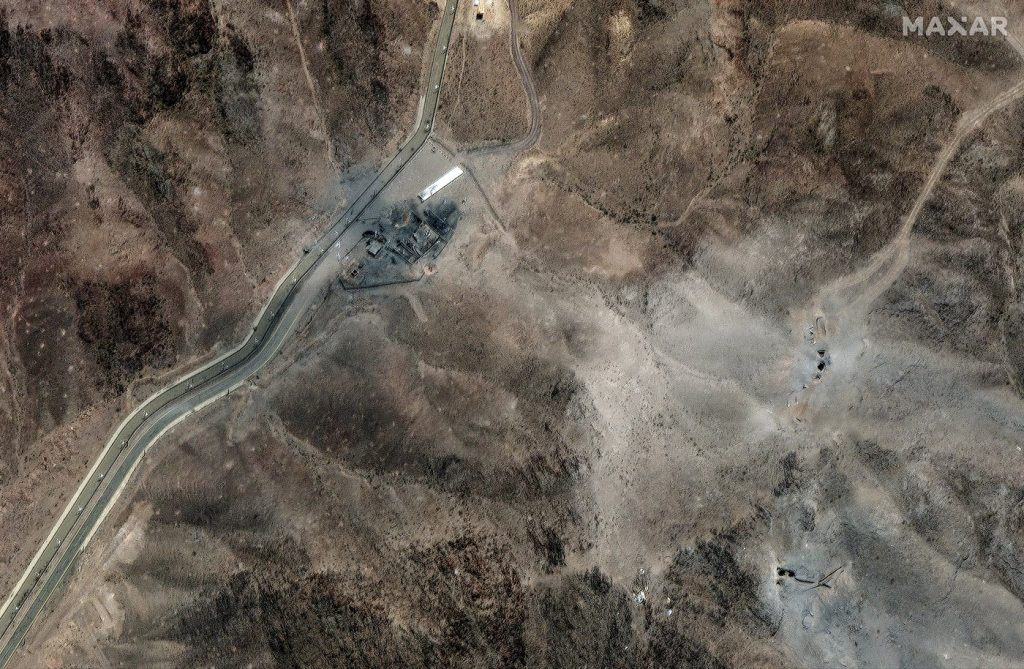The ongoing tensions between the United States and Iran have led to a rise in cyberattacks, particularly from pro-Iranian hackers who have recently targeted U.S. banks, defense contractors, and oil industry firms. Following American strikes on Iranian nuclear facilities, these hackers have so far failed to create significant disturbances in the critical infrastructure or economy, but experts warn that this situation could change rapidly, especially if the current ceasefire between Iran and Israel collapses.
Analysts, including tech entrepreneur Arnie Bellini, express concerns that the U.S. strikes may lead not only Iran but also other nations such as Russia, China, and North Korea to intensify their investments in cyberwarfare. Bellini pointed out that cyber operations are far less expensive than kinetic warfare strategies like airstrikes or military interventions, making the U.S. vulnerable given its heavy reliance on digital technology. He emphasized, “We just showed the world: You don’t want to mess with us kinetically… But we are wide open digitally. We are like Swiss cheese.”
Recent reports indicate that two pro-Palestinian hacking groups have claimed responsibility for targeting numerous aviation firms, banks, and oil companies as retribution for U.S. military actions. These groups promised to increase their attacks and carry out denial-of-service operations, which disrupt online services. Federal authorities have reacted by issuing warnings about the heightened risk of Iranian cyber threats and urging organizations that manage critical infrastructure, such as water or power systems, to remain vigilant.
Although Iran lacks the sophisticated cyber capabilities of countries like China or Russia, it has established itself as a “chaos agent” in the cyber realm, frequently utilizing cyberattacks for espionage and political motives. Federal intelligence experts argue that while government-sponsored attacks may abate if the ceasefire holds, independent hacker groups are still likely to conduct retaliatory attacks on behalf of Iran.
Research indicates that over 60 hacker groups operate with varying degrees of affiliation to Iranian military or intelligence agencies. These groups pose significant threats, capable of causing both economic and psychological damage. An example of this was seen during the October 7, 2023, attack by Hamas on Israel, where hackers manipulated an emergency alert app, misleading users regarding an incoming nuclear missile.
Intelligence gathering also remains a primary objective for these hackers. Experts believe that Iran will continue to engage in espionage activities aimed at understanding strategic moves made by the U.S. or Israel. In the past, Iranian operatives were charged with attempts to breach Trump’s presidential campaign, indicating that such efforts remain a constant concern for national security experts.
The current administration has come under scrutiny for cutting cybersecurity programs and staff within federal agencies responsible for managing cyber threats. The Cybersecurity and Infrastructure Security Agency (CISA) has seen reductions in staffing levels, alongside significant funding cuts aimed at local and state cybersecurity initiatives. This raises alarms about the nation's ability to protect itself from increasingly sophisticated cyber threats.
Experts stress the importance of bolstering cyber defenses in light of the ongoing Israel-Iran conflict. Investments in education and technological upgrades are deemed essential to safeguard against vulnerabilities in connected devices and networks. Bellini highlights this urgent need by stating that “there is a new arms race when it comes to cyberwar,” urging that it is a contest the U.S. cannot afford to lose. He likened the cyber battle to "Wile E. Coyote vs. the Road Runner," suggesting that the conflict will continue to evolve indefinitely.











